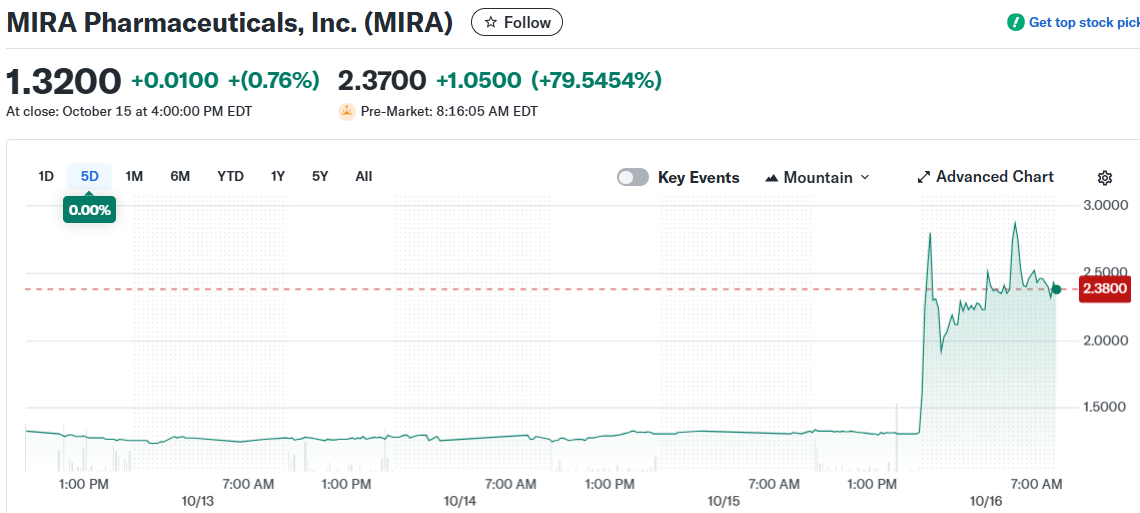16.10.2025 08:24
In a recent address that resonated across financial circles, Stephen Miran, recognized as one of the Federal Reserve's most dovish members, delivered another pointed economic assessment, emphasizing the critical need for swift monetary action. His remarks come amidst a renewed escalation of trade tensions between the United States and China, a situation he believes significantly amplifies downside risks to the global economic outlook. Miran contended that this volatile environment makes it imperative for the Fed to rapidly reduce the policy interest rate, aiming to achieve a "neutral" stance.
The heightened global trade friction stems from China's recent decision to restrict exports of rare earth elements, vital components for high-tech manufacturing. In a retaliatory move, US President Donald Trump threatened to impose tariffs of up to 100% on Chinese imports, sparking fears of a full-blown trade war reminiscent of the one that roiled markets last spring before subsiding. Speaking at the CNBC "Invest in America Forum" in Washington, Miran underscored the gravity of the situation, stating, "There is now greater downside risk than before China imposed new restrictions on rare earth exports. As policymakers, we have an obligation to reflect this in monetary policy. It is now even more urgent that we quickly reach a more neutral policy position." Despite the escalating rhetoric, US Treasury Secretary Scott Bessent, also present at the forum, confirmed that discussions between the two economic powerhouses are still ongoing.
Miran's call for aggressive action contrasts with the central bank's more measured approach last month, when it trimmed its policy rate by 25 basis points, settling it within a 3.75-4.00% range. Recalling his previous advocacy for a more substantial 50-basis point cut, Miran reiterated his conviction that such significant reductions should not be dismissed. He projected a decline in inflation over the coming months, observing, "I’m less concerned about upward inflation pressures in the near term," a condition he believes provides ample flexibility for the Fed to implement quicker and larger interest rate cuts. Furthermore, Miran highlighted that available data showed no evidence linking increased customs duties to a rise in inflation.
With markets widely anticipating another rate cut at the upcoming Federal Reserve meeting scheduled for October 28-29, Miran's influential voice signals a strong internal push for a more decisive monetary policy shift. His arguments underscore the view that proactive rate adjustments are essential to buffer the economy against the potential fallout from intensifying international trade disputes, especially given the perceived lack of inflationary pressures from tariffs.











